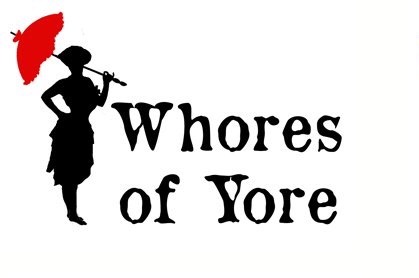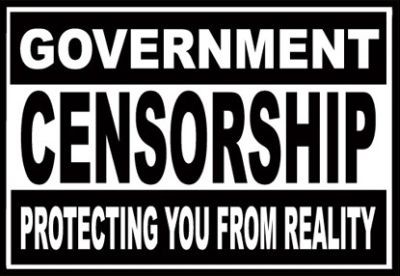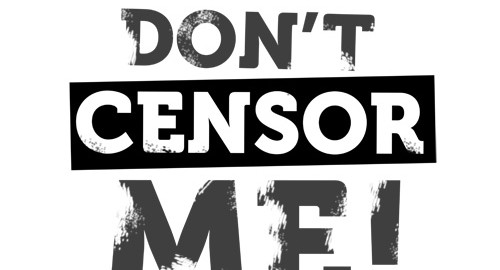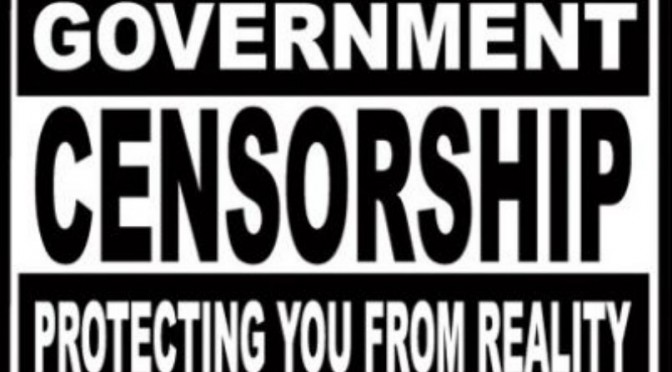Today, it was announced that the UK government’s plans to introduce age verification for online porn, and to block any content that did not comply, were being shelved.
For me, it all began about 12 years ago. I was running Strictly Broadband, a British streaming porn movie rental site, which was one of the UK’s best known porn outlets. I began to hear that the British Board of Films Classification (the BBFC – formerly, and more accurately, known as the British Board of Film Censors) were investigating the idea of classifying online streaming movies, in the same way they already did for cinema and DVD releases. Given that porn was heavily restricted on DVD (and completely banned in cinemas), this was worrying for the British industry, which would have to heavily cut content to conform to British standards.
We were already beginning to suffer from the effects of free content from the newly-launched ‘tube’ sites such as Youporn.com, so this was unwelcome news for an industry that was already struggling.
I went to the meet the BBFC’s new Head of Online, Pete Johnson, to discuss his plans. He was introducing a scheme called BBFC Online, under which movies should display the appropriate BBFC certificate (which was either 18 for soft titles or R18 for hard ones, although many titles that were legal in the EU or USA would not be allowed at all). Johnson explained that the scheme was voluntary, but would likely be adopted soon by UK regulators. My team implemented BBFC Online on our site, but we were just about the only site to do so, and the scheme failed.
Johnson, however, jumped ship to run a new regulator, ATVOD, which would report to Ofcom, the UK’s giant media regulator and censor of TV and radio. Again, I met with him, and registered my site with ATVOD (and paid the hefty registration fee). ATVOD was supposed to be a general-purpose regulator of all video-on-demand (VoD) services, but Johnson appeared to have a particular obsession with regulating pornography.
ATVOD’s Rule 11 was especially suspect. It required adult sites to verify the ages of all visitors before allowing them to view any content. This age verification was far more than just a button saying “I’m Over 18”. Sites were required to check age using a credit card (debit cards were not considered secure enough) or some other method, such as a passport check. To implement this would have simply meant that we went bust. I began lobbying on behalf of the industry, pointing out that there was no point simply chasing us all out of business or offshore; but the regulator seemed to relish the chance of destroying the UK’s small adult industry.
Johnson began to pick on a series of small sites – mostly those whose owners had made contact with him to enquire about the regulations. Then ATVOD served notice on Playboy TV and my own business. Playboy (who were by now owned by the biggest porn company) simply closed their UK operation and migrated to Canada. Given only two weeks to comply, I had little option but to sell my site and close my company.
However, ATVOD was short-lived. Johnson’s porn obsession was annoying the big broadcasters – BBC, Channel 4, Sky, and so on – who were largely funding the regulator. Eventually, Ofcom closed ATVOD down, and took the regulation in-house. This was not the end of attempts to censor pornography, but the start of an escalation.
In 2016, Ofcom began a consultation on adult content, to which I submitted a response. This appeared to be rigged, with the outcome predetermined to recommend censorship. Sure enough, Ofcom rapidly announced that children were indeed threatened by the existence of online porn, and that legislation was required to protect them (aka give Ofcom powers to censor the internet).
The legislation (the Digital Economy Act) was rolled out in April 2017. This created the role of Age Verification Regulator, and granted this new regulator powers to fine and disrupt services that did not verify the ages of visitors. It was later announced that the AV regulator would be the BBFC (which was no doubt grateful, as its business from DVD censorship was quickly dying).
More significant, it was announced that ISPs would be required to block sites on a blacklist provided by the BBFC. This would be the most powerful internet censor in British history – and possibly in any democratic country.
However, the immense cost of the block, and various civil liberties issues, appear to have finally changed the government’s mind, and they pulled the plug. This is bad news indeed for the BBFC and the age verification industry, but good news for civil liberties. However, the government ominously suggests it will continue to act against “Online Harm”. It may be that, given the rise of social media in the past few years, the blocking system simply makes little sense any more. Far easier to threaten Facebook and Twitter to control what content can be shared on their platforms.
Watch this space for the next thrilling installment…





